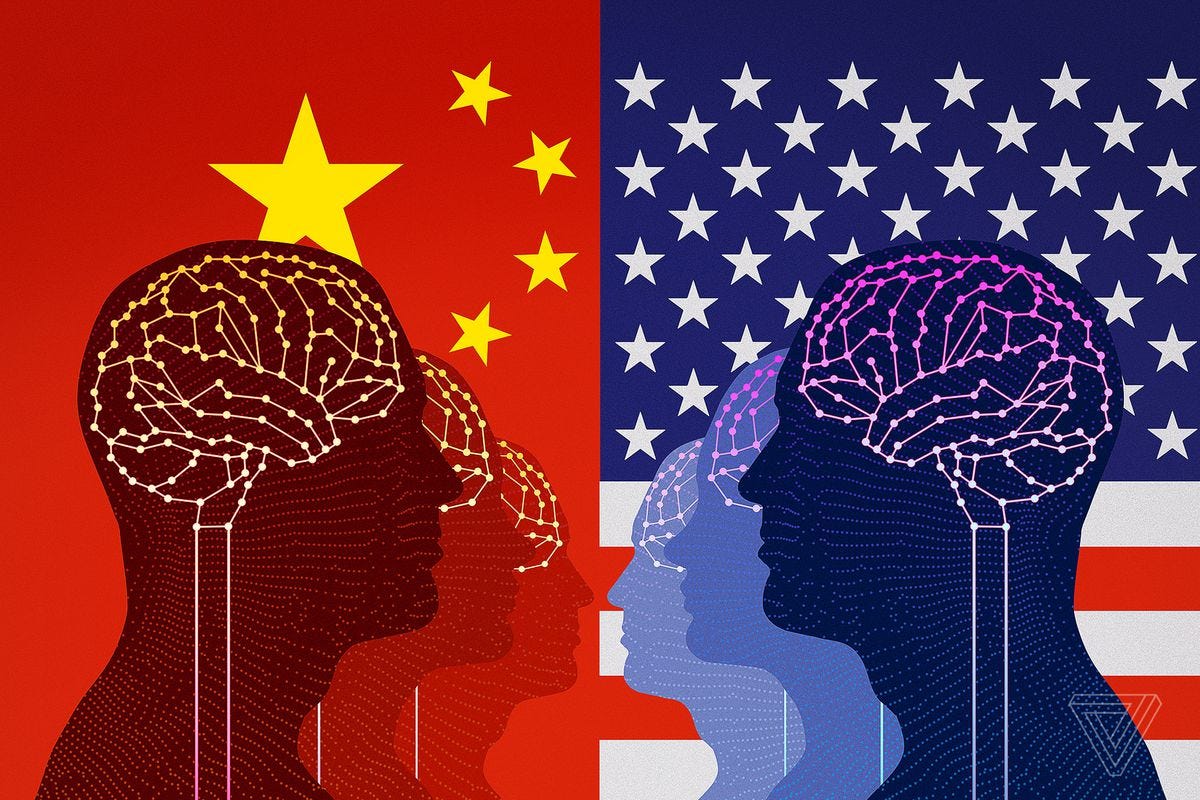Tech Wars

Bogotá, Colombia. Guillermo Valencia ANoise: The trade war between the United States and China.
Signal: The economy of Internet is far greater than the economy backed by any sovereign state. It’s bigger than the US, China and the Eurozone. The way these sovereign states choose to handle the Internet going forward will play a monumental role in determining the new rules of the global economy.
We see many possible outcomes from the interactions between individual nations and the Internet.
The US and Eurozone will enforce antitrust and privacy protection laws against the tech giants (AMZN, GOOGL, FB, NFLX).
This will promote further decentralization of the Internet. This is very positive for the development of blockchain ecosystems and other technologies that are empowered by decentralization.
The China approach is different. The governing party wants more control over companies like Alibaba, Tencent and Baidu. For them, these companies are a powerful platform for political control.
This trend will slow decentralization, producing more centralization. The price of extreme centralization is fragility.
Hierarchical transaction costs are higher than decentralized infrastructures. China needs Artificial Intelligence (AI) in order to decrease their transaction costs.
China sees AI as a way to overcome the technological superiority of the US. We see this as a tremendous driver for a bull market in AI related companies in China, including Cambricon (NVIDIA competitor), Mobvoi (focus on voice recognition), UBTECH Robotics (Intelligent Humanoid Service Robots).
The US will also react. We expect to see a program at least the size of NASA focused on artificial intelligence, if not much larger. The big tech players will be important stakeholders in the initiative process and developers of these intelligence services.
There are many reminders of the the Cold War Era, but the race isn’t for space this time. The race is to conquer AI. The geopolitical arena will dominated by cyber warfare.
Terminator kind of propaganda could trigger a very strong anti-tech sentiment. Machines vs. Humans will be part of the speech of many populists. Deficits will affect the purchasing power of many developed countries.
We are approaching the inflection point to the beginning of a very weak USD megatrend. This is very positive for Emerging Markets.
Anti-tech sentiments will also be related with inequality. Tech-rich entrepreneurs and companies will be targets of more taxes.
Potential migration of tech savvy people to Emerging Markets could help define new technological ecosystems around the world. Brazil, Argentina, New Zealand, Singapore and Indonesia could be attractive places for tech savvy people. If that does happen, it creates a very compelling case for growth in emerging markets.
The concept of Nation-State will compete against Digital Tribes that are not attached geographically.
In order for these Digital Tribes to compete against government-backed AI, they will need Open AI
Based on the books:
Super Intelligence, Nick Bostrom.
The Sovereign Individual, James Dale Davidson.
AI Super Powers, KAI-FU LEE.
